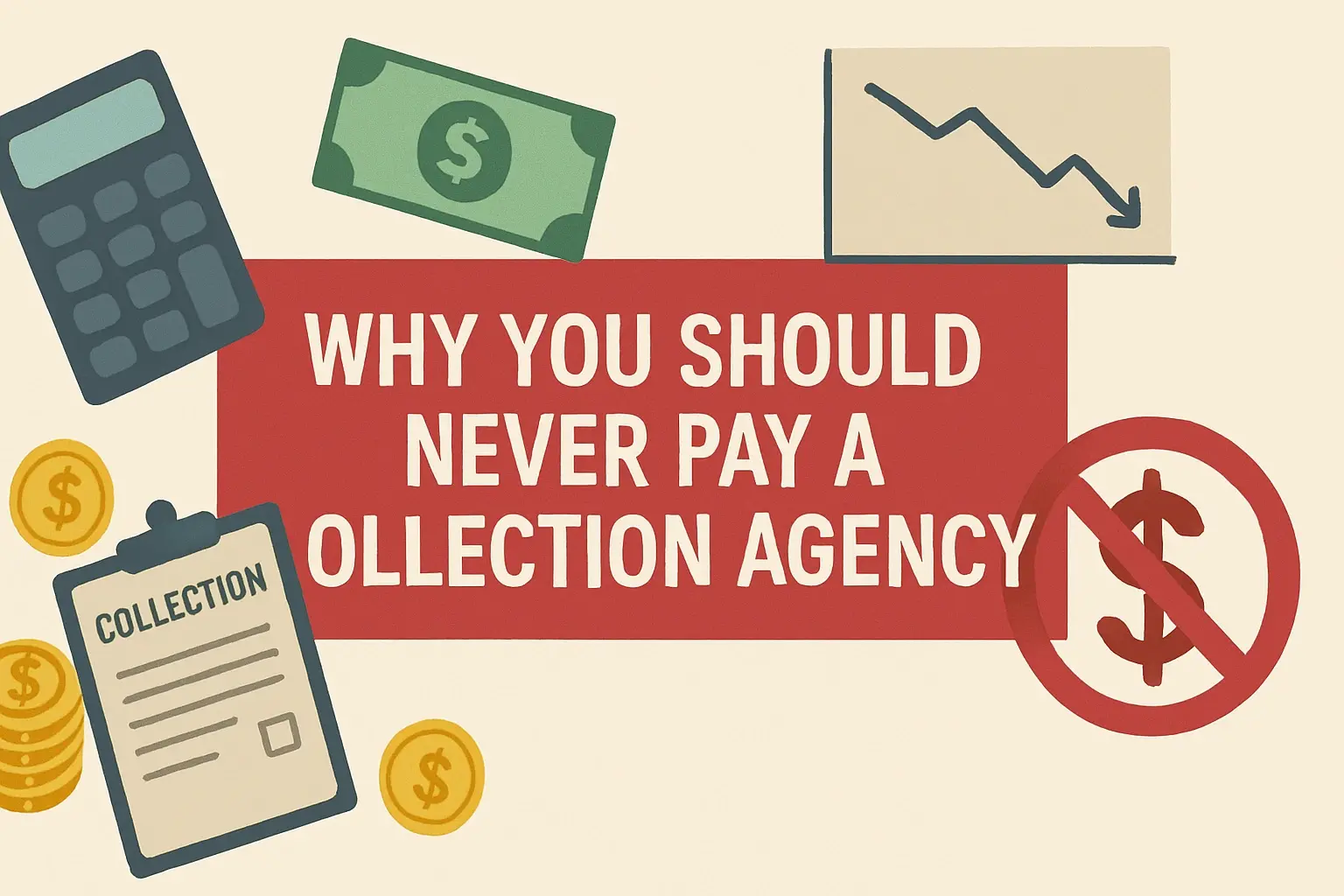-
Posted on: 28 Jan 2025

-
Your credit score is a crucial three-digit number that represents your creditworthiness. Lenders use it to assess the risk of lending you money. A higher score typically means lower interest rates and better loan terms. But what does a 641 credit score signify? Is it good, bad, or somewhere in between? This comprehensive guide delves into the intricacies of a 641 credit score, providing expert insights to help you understand its implications and how to improve it.
Understanding the Credit Score Range
Before we dive into the specifics of a 641 score, it's essential to understand the common credit scoring models and their respective ranges. The two most widely used credit scoring models are FICO and VantageScore.
- FICO Score: Ranges from 300 to 850.
- VantageScore: Also ranges from 300 to 850.
While the scoring models are similar, the categories they use to define creditworthiness can vary slightly. However, both generally agree on the following categories:
- Exceptional/Excellent: 800-850
- Very Good: 740-799
- Good: 670-739
- Fair: 580-669
- Poor: 300-579
So, Where Does a 641 Credit Score Fall?
Based on the categories above, a 641 credit score falls into the Fair category. While it's not considered a bad score, it's also not ideal. It means you may face some challenges when applying for loans or credit cards and could be subject to higher interest rates.
What Does a "Fair" Credit Score Mean?
A fair credit score, like 641, indicates that you have some credit history, but you might have had some past credit missteps or haven't established a long enough credit record. Lenders see you as a moderate risk, meaning they're more likely to approve you than someone with a poor credit score, but they'll compensate for the perceived risk by charging higher interest rates and potentially requiring stricter terms.
Impact of a 641 Credit Score on Loan Applications
Your credit score plays a significant role in determining whether your loan application is approved and the terms you receive. Here's how a 641 credit score can impact different types of loans:
Mortgages
Securing a mortgage with a 641 credit score can be challenging. While some lenders may approve you, you're likely to face higher interest rates and may need a larger down payment. This can significantly increase the overall cost of your home loan. Government-backed loans like FHA loans are often more accessible with a fair credit score, but they still come with their own requirements and potential costs.
Auto Loans
Similar to mortgages, a 641 credit score will likely result in higher interest rates on auto loans. This means you'll pay more over the life of the loan. Consider shopping around and comparing offers from different lenders to find the best possible rates, even with your current score. Explore options with credit unions, which often offer competitive rates.
Personal Loans
Personal loans can be used for various purposes, such as debt consolidation or home improvements. With a 641 credit score, you may still qualify for a personal loan, but the interest rates are likely to be higher than those offered to individuals with good or excellent credit. Be cautious of predatory lenders offering extremely high-interest loans, as these can trap you in a cycle of debt.
Credit Cards
Obtaining a credit card with a 641 credit score is possible, but your options may be limited. You might be restricted to secured credit cards (requiring a cash deposit) or cards with higher annual fees and lower credit limits. Using these cards responsibly and paying your bills on time can help improve your credit score over time. Consider applying for cards specifically designed for individuals with fair credit.
The Impact on Interest Rates: A Deeper Dive
The difference in interest rates between a fair credit score and a good or excellent credit score can be substantial. Over the life of a loan, even a small percentage point difference can translate to thousands of dollars in extra interest payments. For example:
Mortgage: On a $300,000, 30-year mortgage, the difference between an interest rate of 6% (for someone with good credit) and 7.5% (for someone with fair credit) can result in tens of thousands of dollars in additional interest paid.
Auto Loan: On a $25,000, 5-year auto loan, the difference between a 4% interest rate and a 6% interest rate can mean paying hundreds of dollars more in interest over the loan term.
These examples illustrate the significant financial impact of having a fair credit score and highlight the importance of working to improve it.
Factors Affecting Your Credit Score
Understanding the factors that contribute to your credit score is crucial for improving it. The key factors, according to FICO, are:
- Payment History (35%): This is the most important factor. Paying your bills on time, every time, is crucial. Late payments, even by a few days, can negatively impact your score.
- Amounts Owed (30%): This refers to the amount of debt you have relative to your credit limits. Aim to keep your credit utilization ratio (the amount of credit you're using compared to your total credit limit) below 30%.
- Length of Credit History (15%): A longer credit history generally translates to a higher score. This is because lenders have more data to assess your creditworthiness.
- Credit Mix (10%): Having a variety of credit accounts (e.g., credit cards, installment loans, mortgages) can positively impact your score, as long as you manage them responsibly.
- New Credit (10%): Opening too many new credit accounts in a short period can lower your score, as it signals to lenders that you might be taking on too much debt.
Steps to Improve Your 641 Credit Score
While a 641 credit score isn't ideal, it's definitely improvable. Here are some actionable steps you can take to boost your credit score:
- Pay Bills on Time: Set up automatic payments or reminders to ensure you never miss a payment. Even one late payment can significantly damage your score.
- Reduce Credit Utilization: Pay down your credit card balances to reduce your credit utilization ratio. Aim for below 30%, and ideally below 10%.
- Become an Authorized User: Ask a friend or family member with good credit to add you as an authorized user on their credit card. This can help you benefit from their positive credit history.
- Consider a Secured Credit Card: If you have trouble getting approved for an unsecured credit card, a secured card can be a good way to build or rebuild credit.
- Dispute Errors on Your Credit Report: Regularly review your credit reports from all three major credit bureaus (Equifax, Experian, and TransUnion) and dispute any errors you find. Even small inaccuracies can affect your score. You can obtain free credit reports annually from AnnualCreditReport.com.
- Don't Open Too Many New Accounts: Avoid opening multiple new credit accounts in a short period, as this can lower your score.
- Be Patient: Building credit takes time and consistent effort. Don't get discouraged if you don't see results overnight. Stay committed to responsible credit management, and your score will gradually improve.
- Consider a Credit Builder Loan: These loans are designed to help individuals with limited or poor credit history build their credit. You make payments on the loan, and the lender reports your payment history to the credit bureaus.
How Long Will It Take to Improve My Credit Score?
The timeline for improving your credit score varies depending on the severity of your past credit missteps and the actions you take to improve your creditworthiness. Some people may see noticeable improvements in a few months, while others may take a year or more. Consistency and patience are key.
For example, if your credit score is low due to late payments, consistently paying your bills on time will gradually improve your score over time. However, the impact of past late payments will fade over time, so the longer you maintain a positive payment history, the better your score will become.
Expert Advice on Maintaining a Good Credit Score
Maintaining a good credit score is an ongoing process. Here are some tips from credit experts:
- Monitor Your Credit Regularly: Use free credit monitoring services or check your credit reports regularly to track your progress and identify any potential issues.
- Budget Wisely: Create a budget to help you manage your finances and avoid overspending. This will make it easier to pay your bills on time and keep your credit utilization low.
- Avoid Maxing Out Credit Cards: Keep your credit utilization low by using only a small portion of your available credit.
- Use Credit Responsibly: Credit cards can be a valuable tool for building credit, but it's important to use them responsibly. Avoid carrying a balance from month to month, and always pay your bills on time.
- Seek Professional Help if Needed: If you're struggling to manage your debt or improve your credit score, consider seeking help from a credit counselor or financial advisor.
Conclusion
A 641 credit score falls into the "fair" category, meaning it's not the best but definitely not the worst. While you may face some challenges when applying for loans or credit cards, it's possible to improve your score by taking the right steps. By paying your bills on time, reducing your credit utilization, and monitoring your credit reports, you can gradually boost your credit score and unlock better financial opportunities. Remember, building good credit is a marathon, not a sprint. Stay patient, stay consistent, and you'll see positive results over time.
Faq
Q1: Is a 641 credit score considered good?
A 641 credit score is usually classified as fair, sitting below the “good” range but above poor credit, so lenders see you as a moderate‑risk borrower.
Q2: What can I qualify for with a 641 credit score?
With a 641 score you can often get approved for basic credit cards, auto loans, and even some types of mortgages, but interest rates and fees will usually be higher than for borrowers with good or excellent credit.
Q3: Is 641 a bad credit score?
No, 641 is not typically labeled “bad,” but it is below the national average and may limit your options, especially for premium rewards cards or the very best loan offers.
Q4: How can I improve a 641 credit score?
You can move toward the good range by paying every bill on time, lowering your credit utilization on revolving accounts, avoiding unnecessary hard inquiries, and keeping older accounts open to lengthen your credit history.
Q5: How close is 641 to a truly good credit score?
Since many scoring models mark “good” credit starting around 670, a 641 score is only a few dozen points away, and steady positive habits over several months can often push you into that higher tier.










